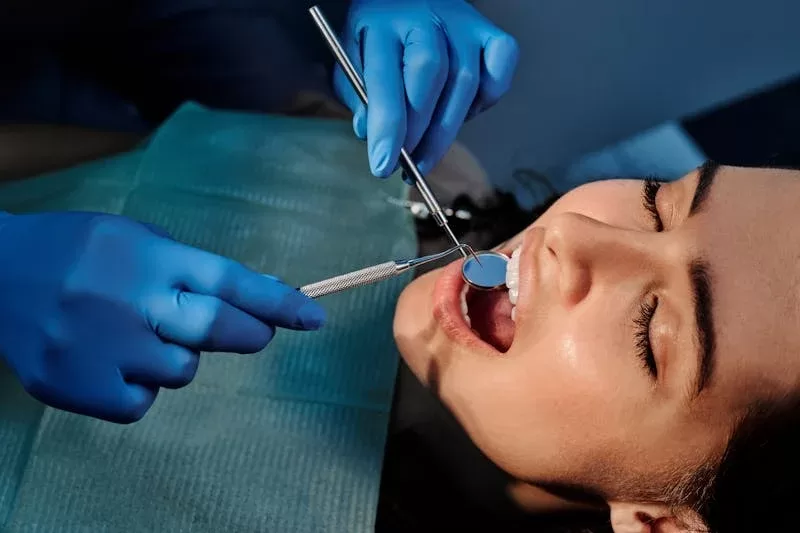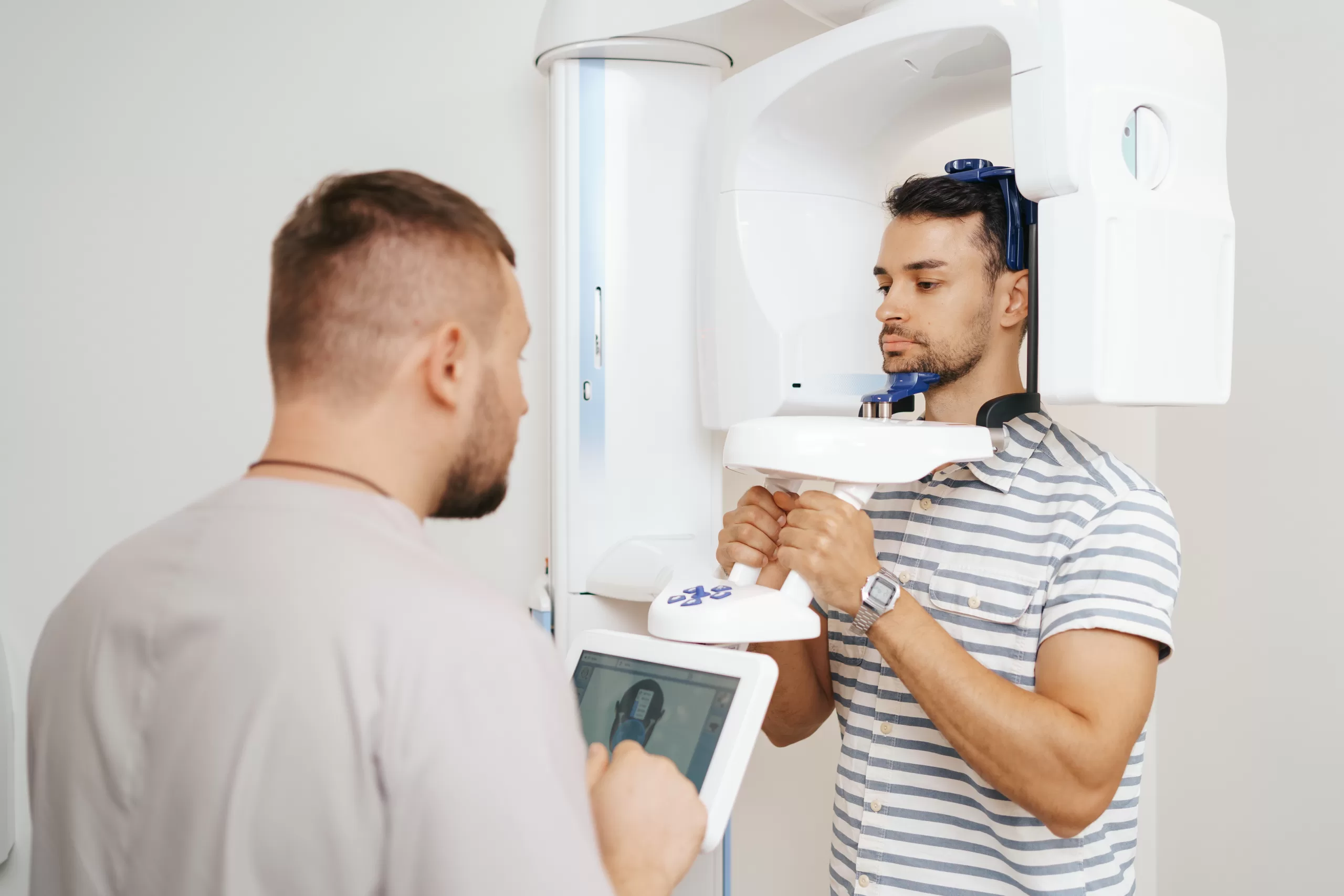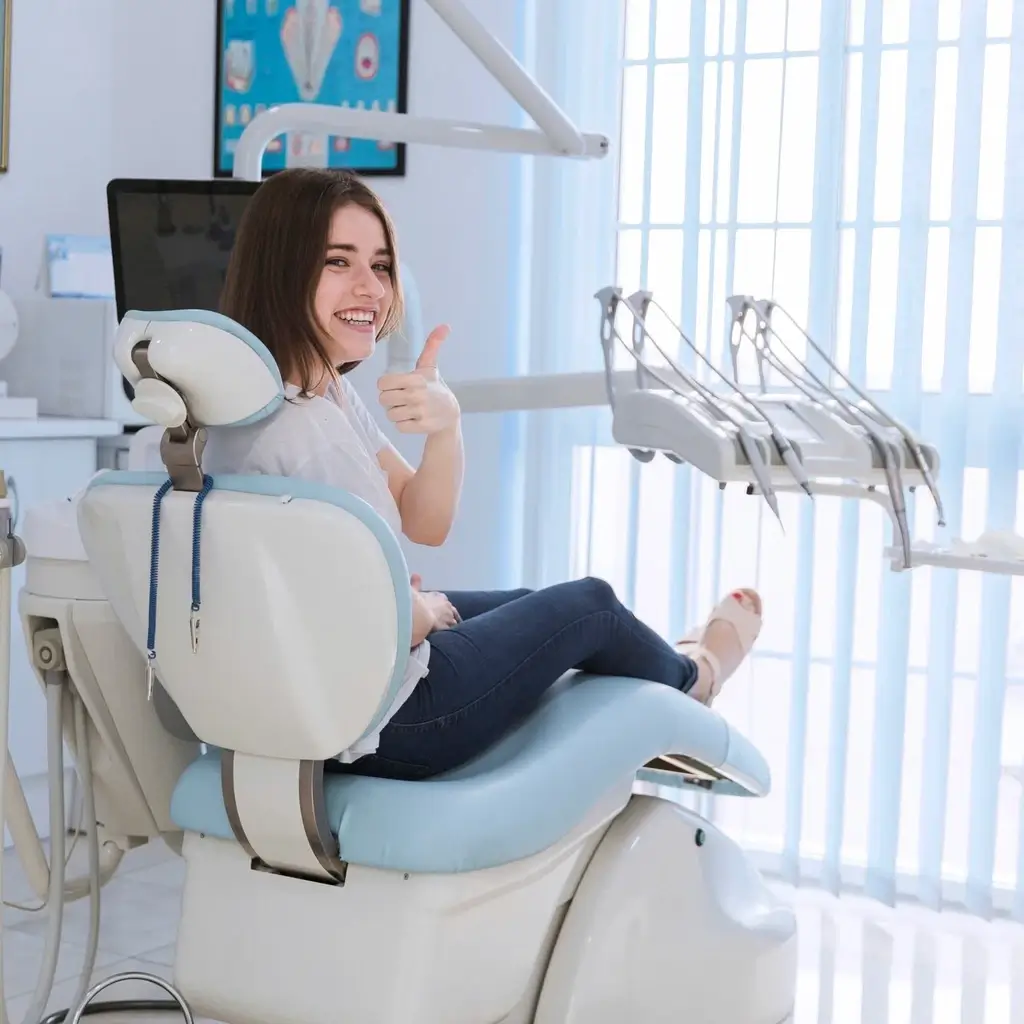Dental health is incredibly dynamic, and sometimes, even the most diligent oral care routine can be met with challenges along the way. One such condition that may arise is impacted canines, occurring when permanent canine teeth fail to erupt properly and become trapped within the jawbone or gum tissue. As the most commonly impacted teeth after wisdom teeth, it is essential to understand what may lead to impacted canines, the signs of their presence, and how we, at our oral surgery practice, can help you manage and treat this dental complication.
Impacted canines can occur in both the upper and lower jaws and may result from numerous factors, such as insufficient space in the dental arch, misaligned teeth, growths or cysts blocking the path of eruption, or genetic predisposition. Left untreated, impacted canines can cause a myriad of complications, including infection, damage to adjacent teeth, or undesirable shifting of other teeth, ultimately affecting oral function and aesthetics.
Join us on this educational journey as we unravel the complexities of impacted canines and emphasize the significance of early detection and professional treatment in maintaining a healthy, vibrant, and confident smile that lasts a lifetime.
Recognizing the Signs of Impacted Canines
Early detection is key in addressing the issue of impacted canines, prompting timely intervention that mitigates complications and secures optimal treatment outcomes. Some common signs and symptoms associated with impacted canines may include:
1. Prolonged Retention of Baby Teeth: Failure of the primary canines to fall out on time, beyond the typical age range of 9-12 years, may indicate an underlying issue with the permanent tooth’s eruption.
2. Delayed Eruption of Permanent Canines: A noticeable delay in the eruption of the permanent canines, typically by age 13, may suggest impaction.
3. Palpable Hard Bump: Sensing a hard bump in the gum where the canine tooth should be, or an otherwise empty space in the dental arch.
4. Pain and Swelling: Experiencing tenderness, redness, or swelling in the area surrounding the impacted tooth.
5. Shifting Teeth: Undesirable movement or shifting of adjacent teeth, which may affect the bite and tooth alignment.
Consulting a dental professional at the first suspicion of an impacted canine is crucial to ensuring a timely diagnosis and intervention.
The Importance of Early Detection and Treatment
Failing to address impacted canines in a prompt manner can result in a plethora of issues, emphasizing the importance of early detection and intervention. Some potential complications of untreated impacted canines include:
1. Infection: In some cases, a cyst can develop around the impacted tooth, leading to infection, pain, and damage to surrounding bone and teeth.
2. Damage to Adjacent Teeth: The pressure exerted by an impacted canine can cause damage and weakening of adjacent teeth and their supporting structures.
3. Tooth Misalignment: An impacted canine may disrupt the natural alignment of teeth, causing them to shift undesirably, affecting oral function, and aesthetics.
4. Bone Loss: In severe cases, chronic dental infection resulting from an impacted canine may lead to bone loss, compromising the jaw’s overall structure and function.
Given the potential ramifications of untreated impacted canines, the importance of early detection, expert diagnosis, and treatment cannot be overstated.
Exploring the Treatment Options for Impacted Canines
When it comes to addressing impacted canines, a personalized and comprehensive approach is essential. Following a thorough evaluation of your unique dental needs, a customized treatment plan will be developed, incorporating:
1. Orthodontic Treatment: Orthodontic intervention may be administered to create adequate space for the canine tooth to erupt properly, as well as correct tooth alignment. This approach may involve braces or other orthodontic appliances.
2. Surgical Exposure: In situations where the canine tooth is trapped beneath the gum tissue, a surgical procedure may be necessary to expose the tooth’s crown, allowing for guided eruption.
3. Surgical Extractions: If the impacted tooth poses a risk to adjacent teeth or surrounding structures, extraction may be required, followed by orthodontic treatment to restore the dental arch.
4. Dental Implants: In some cases, the best course of action may involve extracting the impacted canine and replacing it with a dental implant, ensuring a natural-looking, stable, and long-lasting solution.
Each treatment plan is tailored to address the specific needs of each patient, ensuring a successful outcome and a healthy, beautiful smile.
Maintaining Dental Health Post-Treatment
After receiving treatment for impacted canines, proper oral care and follow-up appointments are crucial to maintaining dental health. To keep your teeth and gums in optimal condition, consider:
1. Daily Oral Hygiene Routine: Brushing twice a day, flossing, and using mouthwash to maintain a healthy and clean environment for your teeth.
2. Regular Dental Checkups: Regular dental appointments allow for monitoring the healing and progress of your treated canine and catch any potential complications.
3. Avoiding Damaging Habits: Refrain from habits that may prove detrimental to your teeth, such as chewing on hard objects, teeth grinding, or using teeth as tools.
4. Balanced Diet: Consuming a balanced and nutritious diet is vital for maintaining overall oral health, promoting strong teeth and healthy gums.
Conclusion
Impacted canines can present challenges to one’s dental health; however, with early detection, professional intervention, and proper care, these hurdles can be effectively managed and overcome. Our oral surgery practice offers a range of individualized treatment options for impacted canines, ensuring the preservation of your dental health, function, and aesthetics.
Schedule an appointment with Ridge Oral Surgery today to learn about the best course of action for your impacted canine, and embark on the path to a healthier, brighter, and more confident smile. Our dentist in Basking Ridge will be with you every step of the way.





